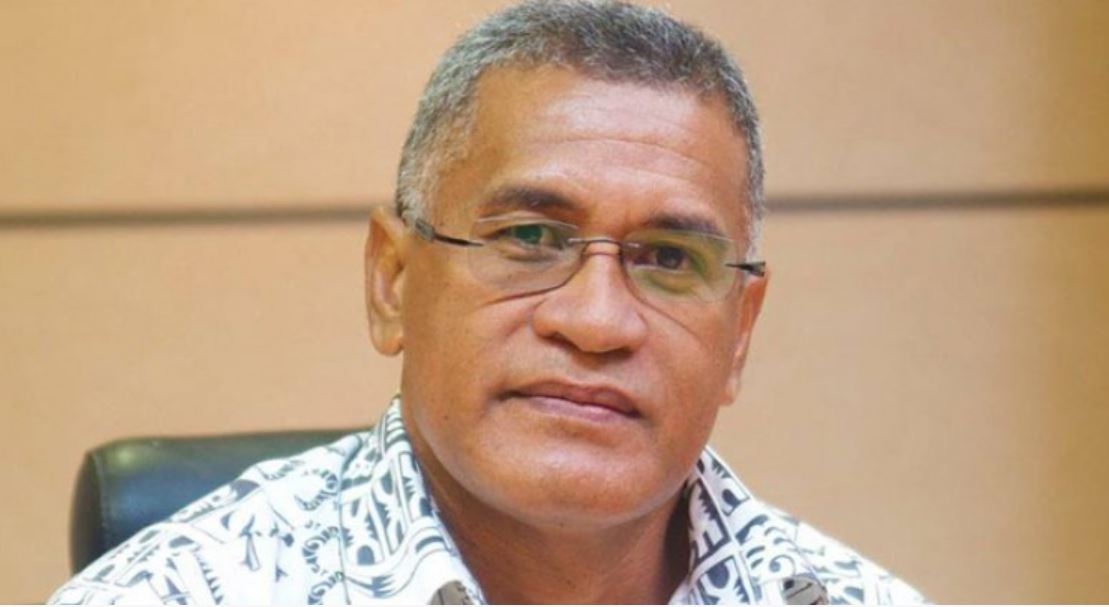The Fiji National Provident Fund is eyeing good bargains in the assets-for-sale space, as the coronavirus pandemic coughs up distressed companies either looking for cash or offering themselves up for sale.
FNPF CEO Jaoji Koroi said while the pandemic will affect its overall investment returns, considering its exposure to overseas share markets as well as the now crippled tourism sector locally, there are also buyout opportunities that the fund will explore.
“One of the key advantages of the fund is that it is a long term investor. We’re here for the long term so, of course the first few years (of recovery) will be a problem but this is also a good opportunity to pick up good assets. A lot of assets will be there at discounted prices so we’re preparing our cash flow based on that too, with that (buying discounted assets) in mind,” Koroi told Islands Business in a press briefing in Suva today.
As Fiji’s only national forced-savings pension fund for workers, the FNPF, via government regulations, has played a central role in coming to members’ rescue in events of natural disasters, including the current coronavirus pandemic, which has been declared a natural disaster in Fiji.
With over F$710 million is cash and term deposits in its balance sheet, the Fund said it has enough liquidity to pay out members eligible for its COVID-19 assistance, attend to its normal members services as well as to invest.
“Cash is king during these times so if you have cash, you get the opportunity to look for good assets,” Koroi said.
The Fund is expecting the impact from the statutory reduction in employees and employers’ contributions – announced by government as a form of relief for workers and businesses in its COVID-19 response budget last month – and the current unemployment scenario in Fiji to begin reflecting in its cash flow from next month.
“Based on what we’re receiving for March and February collection, we’re still meeting our target, which is about F$50million per month of contributions. We’ll be receiving the April contributions in May so that will start to reflect the reduced contribution rates as well as the unemployment now. We’re factoring that into our cash flow moving forward,” Koroi said.
Also on the casualty list is the Fund’s offshore investments, particularly its stakes in the global stock markets, which are currently experiencing historic lows as major economies enter recession territory as a result of the COVID-19 crisis.
“We have an exposure there of around F$70million, all in the Australian market. We’ve seen a reduction of around 23 percent in the value of that. We’re booking that on a daily basis so the impact is really flowing into the income statement, so, on a daily basis, the impact of those losses are in our books. It used to be F$70million, now it’s about F$50million,” Koroi said.
FNPF has a diversified offshore investment portfolio and owns shares in other unlisted securities such as in the BSP Bank in Papua New Guinea, which Koroi said have performed well and will offset losses in its stock market investment.
The fund is also expecting a big dent in its tourism investments, which represent around 16 per cent of its total investment portfolio.
Koroi said it is using the current stand-still in tourism to refurbish its hotels, among them the Sheraton and Westin hotels in Denarau. Also on the cards is a new contract with an international hotel management chain to manage its Suva-based Grand Pacific Hotel.
The Fund is however expecting positive results from its investment in government securities, particularly its returns from government bonds, which comprises around 40 per cent of its total investment portfolio.
Koroi assured members that their retirement fund is safe as it has in reserve more than what is required of it by law to reserve and to remain solvent.
“We’re a long term investor so we’re able to ride the lows and highs of every economic cycle,” he said.
FNPF so far has over F$7.4 billion in total assets and $6.1billion in members’ funds.
